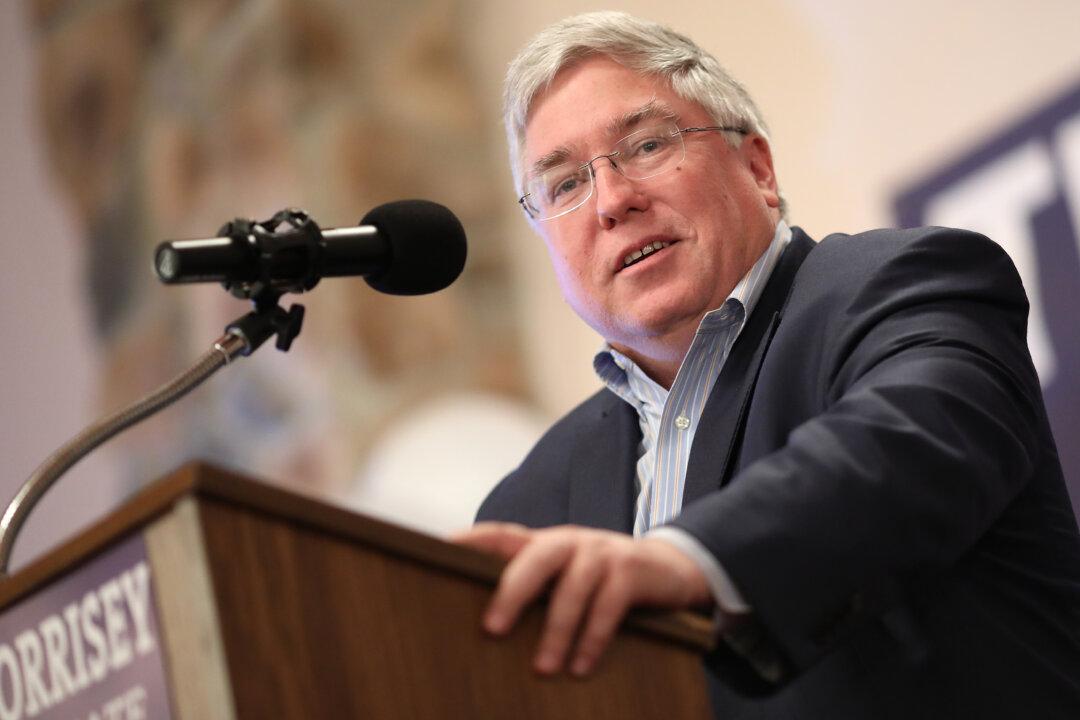West Virginia’s highest court greenlighted a school choice program that a lower court previously blocked.
School choice became a hot political issue during the COVID-19-related lockdowns as parents questioned governmental authority and what should be taught to children in public schools.





